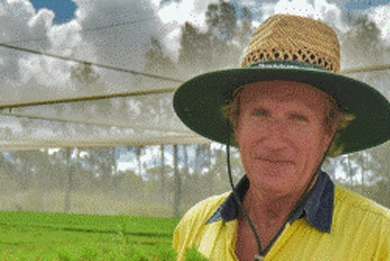The proposals contained in the energy and climate change package published by the European Commission on January 23 this year weaken the competitiveness of the Finnish forest industry on the world market, according to the Finnish Forest Industries Federation.
“Finland makes paper products for 100 million people, and that consumes a lot of energy. But it will do nothing to improve the state of the climate if the energy policy of the EU hamstrings the competitiveness of the Finnish forest industry and forces production to relocate to places where there are no climate regulations,” FFIF President and CEO, Anne Brunila, said. She said The reform of the emissions trading system must recognise the international competitiveness and energy-intensive nature of the forest industry. The costs of emissions trading cannot be transferred into the prices of end products in the pulp and paper industries, which must compete in the global marketplace. “We must remember that only one third of the world’s output of pulp and paper is governed by emissions trading. Since product prices are determined on the world market, those competitors who are located beyond the reach of emissions trading restrictions gain cost benefits. Emissions trading weakens the business potential of forest industry companies operating in the EU,” Brunila said. She said emission rights auctions were no solution. The total volume of emission rights on the market determines the volume of CO2 emissions in the EU. The method by which emission rights are distributed to companies does not reduce emissions “one bit”, according to Brunila. “The method for distributing emission rights does nothing to curb climate change. The emission rights auctions proposed by the commission would simply cause extra costs to the economy of the EU as a whole,” she said. “For the Finnish forest industry, emission rights auctions, that is, having to purchase emission rights, would result in additional costs of €125-300 million/y. It would not be possible to pass on this extra cost into product prices. “This would undermine the industry’s potential for investing in energy efficiency and renewable energy sources. It is impossible to make clean energy investments when costs are being augmented by political decisions,” Brunila explained. The Finnish forest industry has reduced its CO2 emissions by about 40%/t produced, compared with the 1990 level. This is the result of €1 billion of investment in renewable energy sources and energy efficiency.






